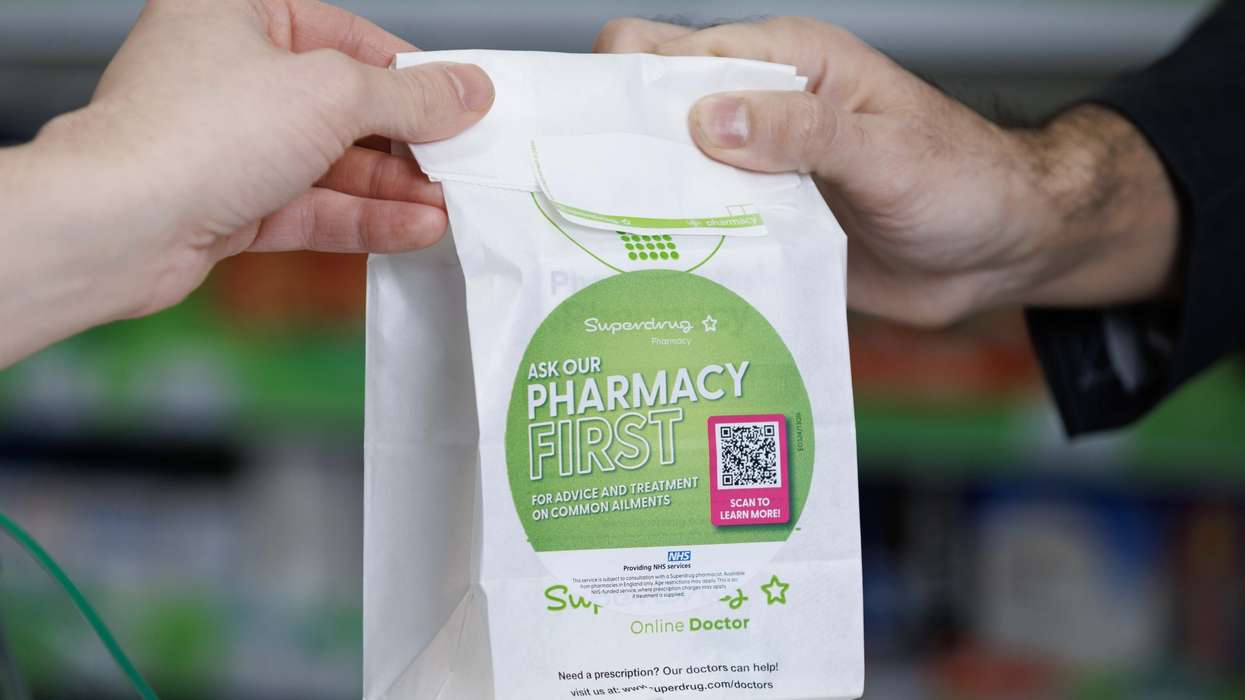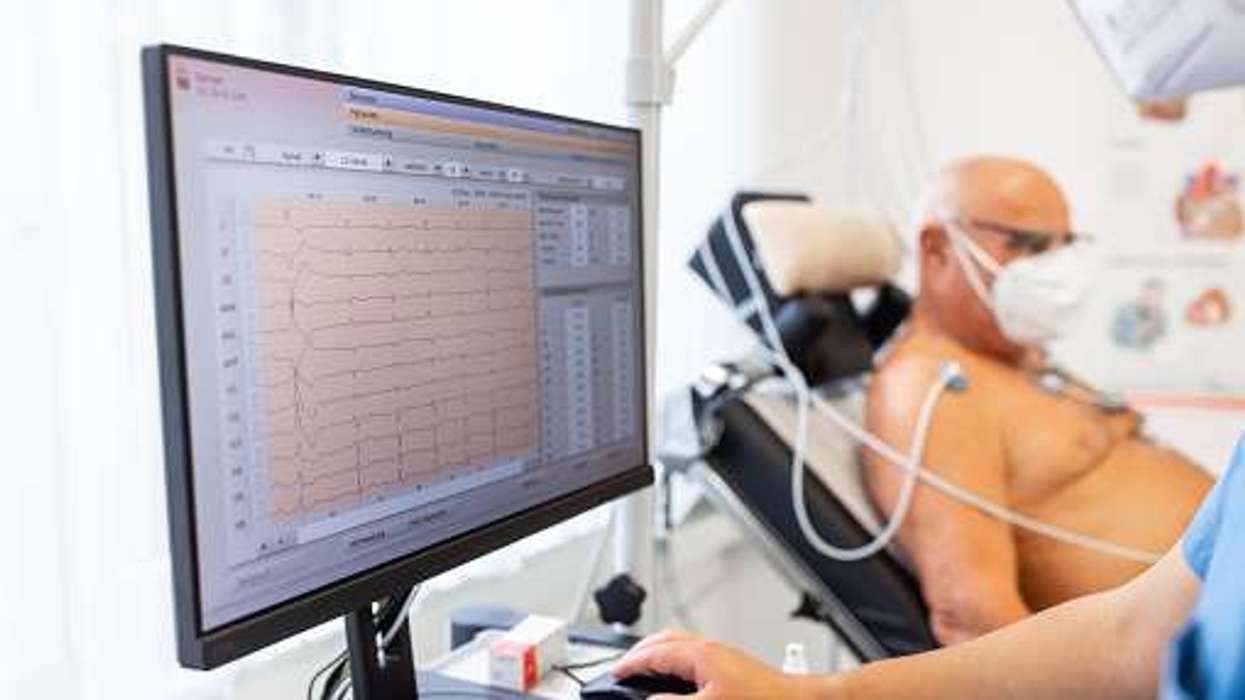The global wellness market continues to show resilience, investor appetite and capital returns, as investment in vitamins, nootropics and functional hydration continues to surge, according to Heligan Group’s latest Healthcare Deep Dive report.
The wellness market was valued at £5.1 trillion in 2025 and forecast to reach £8.2 trillion by 2034, and the sector will continue to be reshaped by a generation of consumers prioritising holistic health, preventative care and brand authenticity.
The global Vitamins, Minerals and Supplements (VMS) market is currently estimated at £109.5 billion and is set to reach nearly £180bn by 2033 due to increasing health awareness, concerns around mineral deficiencies and ageing demographics.
The nootropics category is also showing strong momentum and is projected to expand from £15.8bn to £54.2bn within the next 10 years.
According to Ramesh Jassal, partner, corporate finance, healthcare at Heligan Group, “The global wellness supplement market is expected to grow strongly in the coming years, as consumers are prioritising optimising health, and preventative care.
“Wellness has matured from a consumer trend into a capital market theme. A combination of preventative health awareness, lifestyle-driven nutrition, and social-media-led brand discovery is fuelling robust M&A and funding activity across the sector."
He said marketing is now a key differentiator between leaders from other competitors, as consumers prefer strong brand identities.
"These identities have allowed these businesses to capture a larger share of the market, with investors helping these companies grow internationally and access their total addressable market.”
Ready-to-drink meal replacements and gut-health products continue to attract strategic buyers, with deals including Nestlé’s acquisition of yFood (£374 m) and Müller’s purchase of Biotiful (£120m).
Jassal claims that strategic and private equity investors are sharpening their focus on margin-accretive wellness segments.
“There has been significant growth in the market in recent years amongst general consumers. Electrolyte brands are capitalising on demands for optimum hydration while nootropic and matcha innovators reflect the growing influence of Gen Z consumers,” added Jassal.
“What began with run-club culture has evolved into a surge in supplement adoption shaped by hydration trends - from Stanley cup-driven routines to broader demand for science-led energy. Consumers are now seeking clean-label cognitive support and everyday performance, and the result has been sustained supplement adoption across demographics.
“The gut health market, valued at £86.7 billion in 2025, is also expected to more than double by 2034 with authentic, science-backed branding delivering major exits”, Jassal continued.
“We expect continued consolidation and international expansion across functional nutrition, clean supplementation and digital wellness platforms, attracting capital and consumer loyalty in equal measure."
Jassal said wellness is evolving from a consumer trend into a "structured investment theme that defines long-term value creation."
"We’re entering the next phase of wellness M&A that is defined by clarity of purpose, credible science, and investor conviction. The opportunity isn’t just in new products, but in platforms that connect consumers to wellness as a lifestyle. That’s where we see the most sustainable growth through 2030 and beyond,” he concluded.












